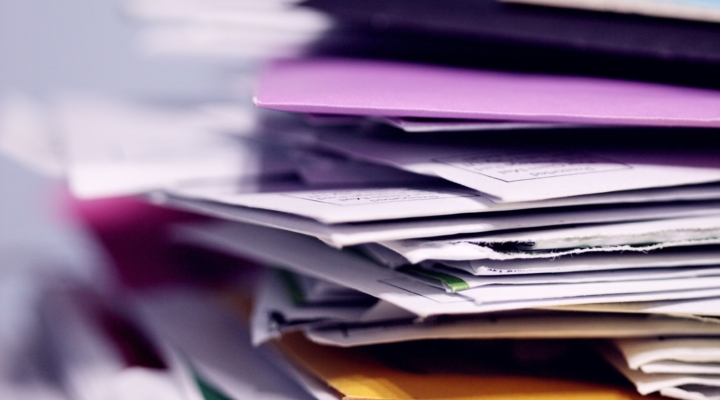What
To ensure you have proper documentation for your tax return, it's important to keep the following records:
- Receipts: Save receipts for expenses you claimed on your tax return.
- Purchase and Sale Records: Keep records of investments like shares and real estate, including details of when you bought and sold them.
- Vehicle Log-Book and Diaries: Maintain a log-book or diary for any work-related or business-related vehicle use, noting the dates, distances traveled, and purpose of each trip.
If you need more detailed checklists of information required for your tax return, feel free to ask!
When
The length of time you should keep tax records depends on your specific situation. Typically, it's recommended to hold onto them for at least five years. However, if you operate a company, family trust, or self-managed superannuation fund, it's advisable to keep records for up to ten years. Keeping these records ensures you have the necessary documentation to support your tax return.
The period for keeping records begins from the last tax year in which the information was required. Here are a few examples to consider:
- If you have purchased an investment, the record-keeping period starts after the tax return where you reported any capital gain or loss. This includes purchase information for calculating gains or losses. For shares participating in a dividend reinvestment plan, this means every dividend statement.
- For items subject to depreciation, the period begins from the last time you claimed a deduction for depreciation.
It's important to retain these records within the prescribed period to ensure accurate reporting and calculations on your tax return.
How
We recommend organising your tax records into two types of files. They don't have to be in paper format. You can use digital files stored on your cloud drive, or a combination of both.
- Investment purchase records (e.g. shares, property) as long as you still own it.
- Vehicle log-book.
- Tax depreciation report.
- Receipts for items being depreciated.
- Non-tax-related information such as records related to your home purchase, will, and power of attorney.
- Receipts for expenses claimed on your tax return.
- Records of investment income such as dividend. statements, bank interest, and rental income statements.
- Diary records.
- Investment sale records and corresponding purchase records transferred from your permanent file.
- Copies of your tax return and assessment notice for that year.
